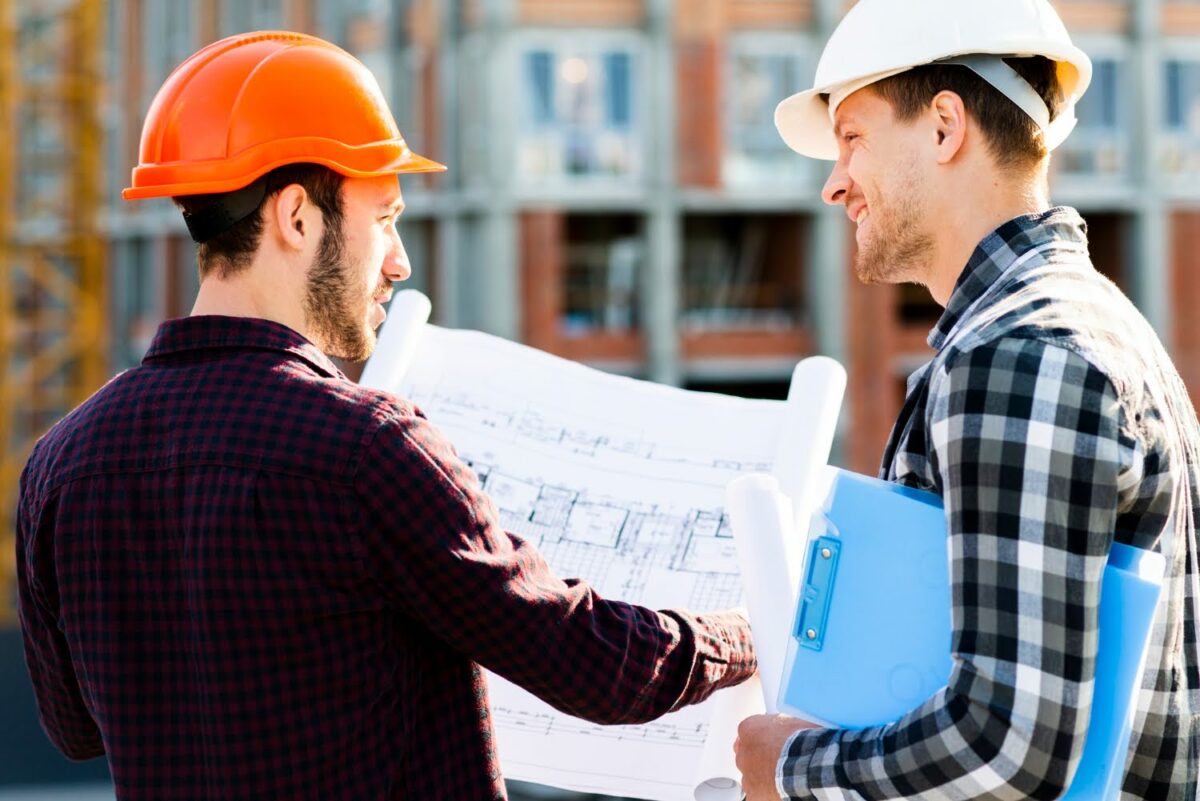During commercial building construction in Albuquerque city, following building codes is crucial. These building codes are not merely administrative regulations but the backbone of a safe and functional infrastructure. Whether you envision a retail space, a cutting-edge office complex, or a welcoming hospitality venue, complying with the local building codes provides you with a solid foundation. Understanding these laws is critical for developers and commercial contractors seeking project clearance, avoiding expensive delays, and ensuring that projects fulfill legal and community norms. Hence, let us inform you about the Albuquerque building codes and how they impact.
Key Components of Albuquerque Building Codes
Structural Integrity
To ensure that structures in Albuquerque can endure unforeseen strong winds and earthquakes, the city’s construction codes include strict requirements for structural integrity. According to the codes by the Building Safety Division of the Planning Department:
- Construction materials must adhere to strict guidelines regarding strength and durability. Because of this, the buildings will last a long time and be strong.
- Buildings must be designed with elements that increase their stability and resilience to wind and seismic stresses. Strong building practices, such as steel frames and reinforced concrete, should be used.
- It’s vital to follow all the rules for safety and longevity. This entails doing things right with the foundation, distributing the weight, and reinforcing the structure.
Fire Safety
Comprehensive fire safety measures are integral to Albuquerque’s commercial construction code guide, aimed at minimizing fire risks and ensuring the safety of building occupants. Regular fire safety inspections and assessments of building designs are carried out by the Albuquerque Fire Marshal’s Office to guarantee compliance with these rules. Key requirements include:
- The use of fire-resistant insulation, fire-rated drywall, and non-combustible roofing materials.
- Putting sprinklers, fire extinguishers, and standpipes in high-traffic areas of a building.
- Sufficient and visibly indicated exits for use in the event of a fire, as well as established pathways for evacuating the building.
- Fire lanes and easily accessible building layouts to let firemen get to buildings quickly and efficiently.
Means of Egress
In accordance with the Americans with Disabilities Act (ADA), Albuquerque is legally obligated to provide accessibility, and this obligation is strictly implemented. To promote equality and inclusion, the Albuquerque Office of Civil Rights ensures that all public and commercial facilities are accessible to all citizens by overseeing ADA compliance. The construction regulations to be followed by commercial utility constructors require certain accessibility elements, such as:
- Ramps with appropriate slopes and handrails to provide access to building entrances and exits for individuals with mobility impairments.
- The facilities are designed to be accessible, with features like grab bars, lowered sinks, and plenty of space for movement.
- Using braille and tactile signs, where appropriate, and other clearly designated and easily accessible signage to aid people with visual impairments.
Energy Efficiency
Building codes for commercial buildings in Albuquerque align with national norms that encourage energy efficiency, lowering operating expenses and energy usage. New Mexico’s dedication to sustainable development includes these energy efficiency criteria, which are implemented via building inspections and the issue of energy performance certifications. Essential regulations comprise:
- Thermoregulation and energy savings via improved thermal efficiency and decreased cooling and heating bills.
- Standards for energy-efficient windows that minimize heat transfer and enhance natural lighting.
- Installation of energy-efficient HVAC systems that meet specific performance criteria.
- Use of energy-efficient lighting solutions, such as LED lights, and incorporating natural lighting to reduce energy consumption.
Environmental Considerations
When it comes to construction-related environmental standards, the New Mexico Environment Department (NMED) is an indispensable watchdog. These regulations include:
- Use silt barriers, erosion control blankets, and appropriate landscaping to keep soil from washing away during and after construction.
- Requirements for stormwater management systems that mitigate runoff and prevent flooding. This includes using retention ponds, green roofs, and permeable pavements.
- Encouragement of sustainable building practices, such as using recycled materials, water-saving fixtures, and renewable energy sources like solar panels.
The Significance of Building Codes in Commercial Construction
Security and Well-being
Building regulations are mainly put in place to ensure the safety of the general population. These rules ensure that buildings can endure the local climate to reduce the likelihood of structural failures. For example, fire safety precautions are of the utmost importance in commercial buildings, where combustible materials and high occupancy rates increase the likelihood and severity of fires.
Legal Compliance
Adherence to construction regulations is obligatory by law and should not be taken lightly. Serious consequences, such as monetary fines, work stoppages, and legal action, may ensue from failure to comply. Condemnation or demolition may be necessary for structures that do not comply. To prevent these legal problems, it is crucial that your project adheres to the building code for residential decks or commercial ramps.
Cost Considerations
Following commercial building codes could initially seem expensive, but it often saves money. Costly repairs and alterations are less likely necessary for buildings built according to the code. In addition to reducing operating expenses, code-compliant structures are often more energy efficient. As a result of the decreased risk involved, insurance rates for complying buildings are usually cheaper as well.
Marketability and Credibility
Proper compliance with all safety and regulatory requirements increases the likelihood that prospective renters and purchasers will trust and invest in the property. Also, it can greatly improve a contractor’s or developer’s reputation, resulting in greater business prospects.
Protecting Future Generations
Following the building codes for commercial buildings enables better construction, ensuring the prosperity of future generations. Energy waste was one of the most costly consequences of previous rules, so current construction norms heavily focus on conservation. This will control indoor air pollution, which harms health, and will also benefit the environment for centuries to come. The average lifespan of a building’s foundation is 50 years or more. Hence, important parts of it need to be constructed from sturdy, long-lasting materials.
Choosing the Reliable Commercial Contractor in Albuquerque
The success of your Albuquerque construction project hinges on your selection of a dependable commercial contractor. To begin, ensure they comply with all local construction laws by verifying their insurance and licensure. You should choose a contractor after reviewing their portfolio and reading reviews written by satisfied customers. Possessing prior expertise managing comparable projects, particularly those requiring compliance with Albuquerque’s unique rules, is an enormous plus.
If you are struggling with finding a trustworthy contractor, we at Dub-L-EE should be your top choice. Our dedication to efficiency, safety, and quality has earned Dub-L-EE a stellar reputation in the Albuquerque region, where we have been in business for years. Our teams of competent specialists plan and execute all our projects efficiently and also we utilize AI tools to help companies reduce costs and maximize results. Check our guide for a better understanding of AI tools usage in the construction sector.

Eddie has been a resident of Albuquerque his entire life.
After he graduated from high school, Eddie joined the Plumbers & Pipefitters Union where he obtained his Journeyman Plumber and Journeyman Gas Certifications. He then worked in the commercial plumbing industry for 7 years until he and his father decided to go into business together and started Dub-L-EE, LLC.
In the last 7 years Eddie has obtained his GA02, GA03, and MM98 certifications allowing Dub-L-EE to fully utilize Eddie Sr. and Eddie Jr.’s expertise in the construction industry.

